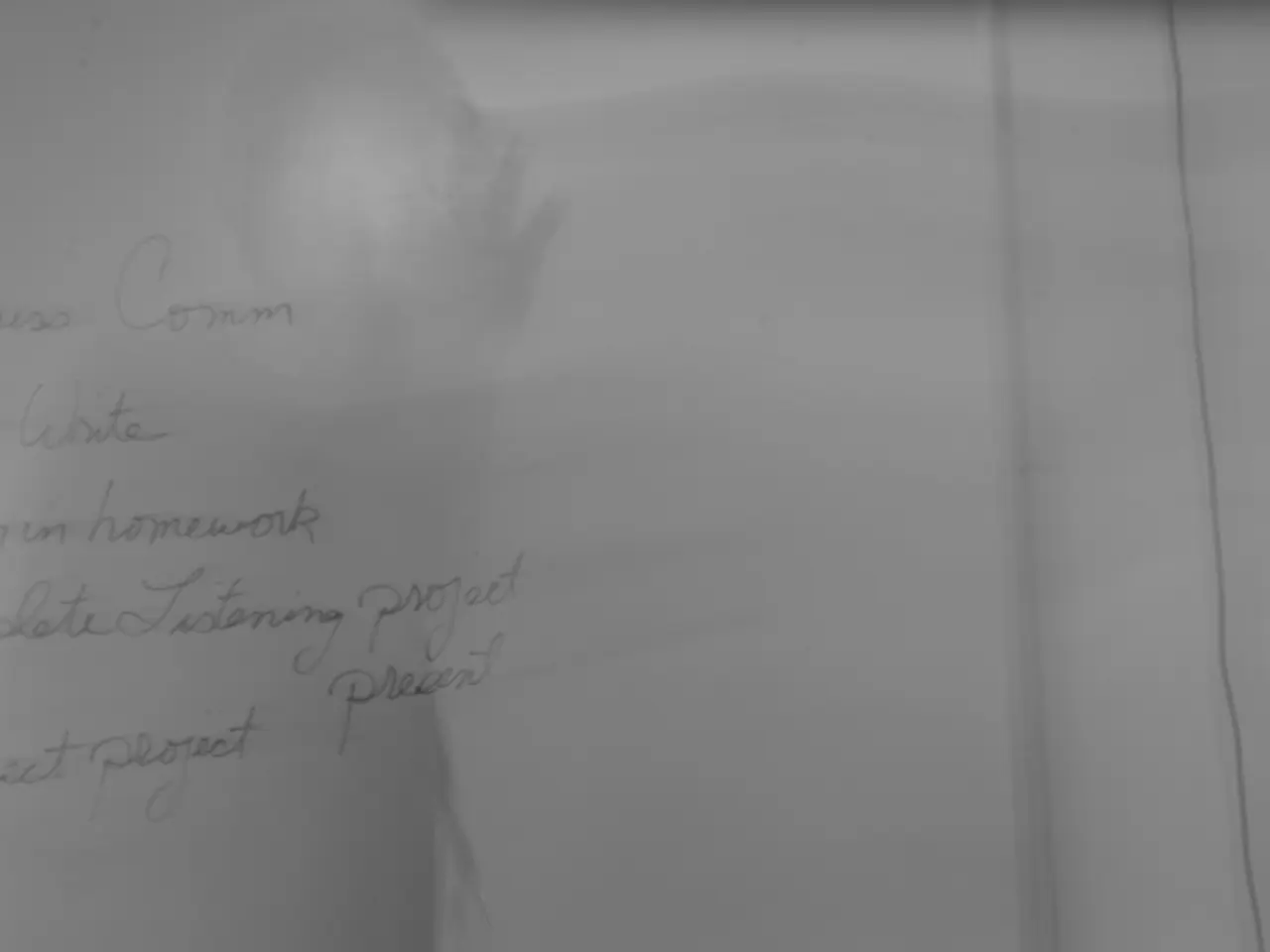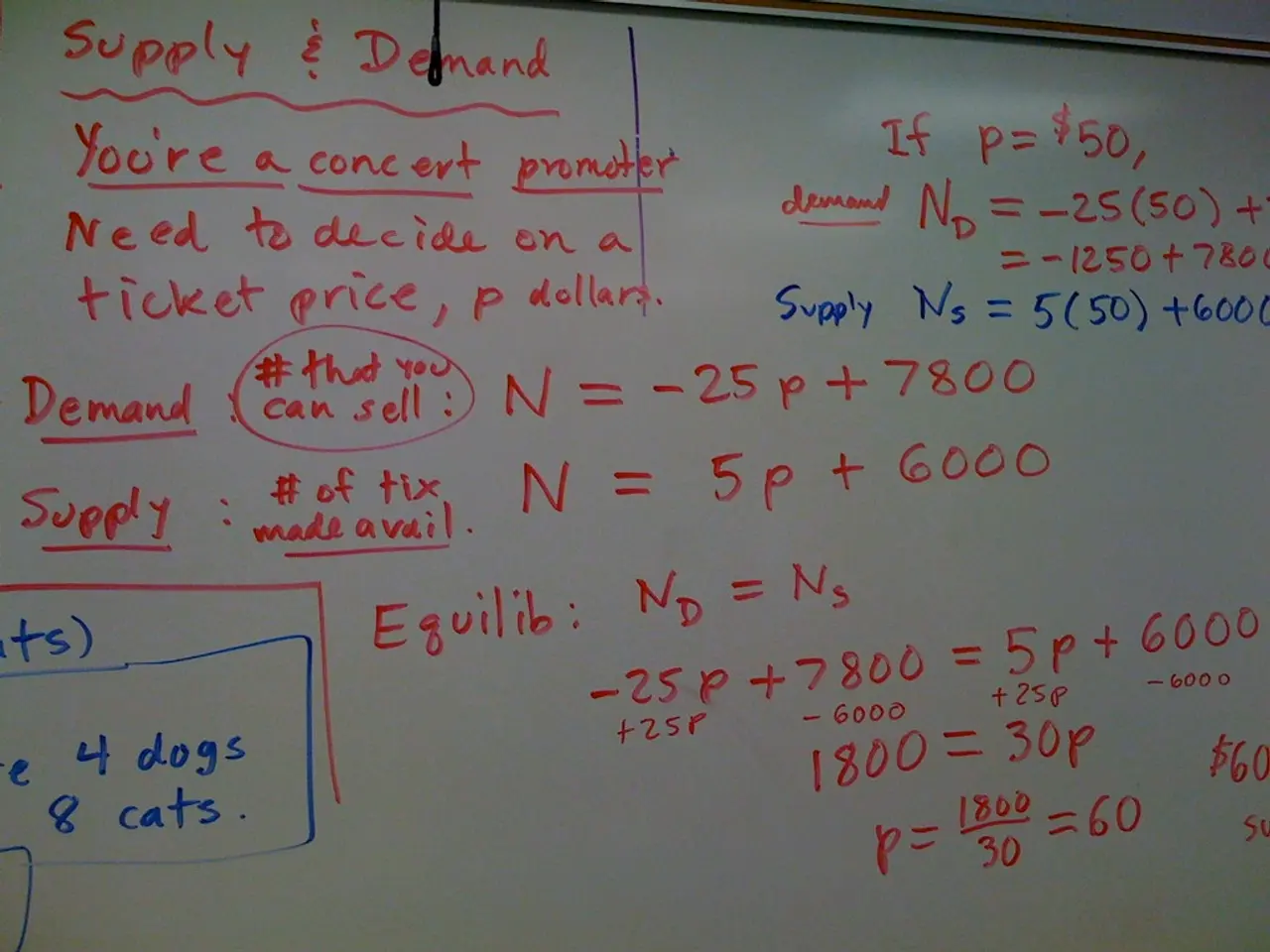US sanctions against Palestinians are considered a violation of their diplomatic immunity by the UN expert on the matter.
The international community has expressed strong criticism and calls for the immediate reversal of sanctions imposed by the United States on Francesca Albanese, the UN Special Rapporteur on the Occupied Palestinian Territory.
The US Secretary of State, Marco Rubio, announced the sanctions on July 9, citing Albanese's alleged engagement with the International Criminal Court (ICC) as a justification. This engagement, according to Rubio, infringes on national sovereignty, not only of the US but also of Israel, which is not a party to the ICC.
The UN High Commissioner for Human Rights, Volker Türk, has urged the US to promptly reverse the sanctions, emphasizing that Special Rapporteurs, like Albanese, address sensitive and divisive international human rights issues. Türk called for more dialogue, not less, on these human rights concerns.
Human Rights Watch and Amnesty International have also condemned the sanctions. Human Rights Watch views them as an attempt by the US to silence a UN expert doing her job of documenting Israeli violations against Palestinians and calling for accountability. Amnesty International describes the sanctions as a "shameless and transparent attack" on the principles of international justice, framing the US measures as part of a broader policy to protect Israel from accountability and intimidate defenders of Palestinian rights.
The UN's Special Rapporteur, Italian legal scholar and human rights expert, Michaela Albanese, was in Bogota, Colombia to attend an international summit initiated by leftist President Gustavo Petro to find solutions to the Gaza conflict when the sanctions were announced.
The ongoing conflict in Gaza, which began on October 7, 2023, has resulted in the death of more than 58,479 Palestinians, according to data from the Health Ministry of the Hamas government, considered reliable by the UN. The violence has surged in the West Bank since October 2023, where Israel has occupied the territory since 1967.
The international response from key human rights organizations, the UN human rights office, and other UN officials is a unified condemnation of the US sanctions on the Special Rapporteur, with calls for their immediate reversal to protect the independence and integrity of the UN human rights system and international justice mechanisms.
The European Union has not spoken out against the sanctions facing Albanese specifically, but has strongly supported the United Nations human rights system. The UN has not spoken specifically about the sanctions on the ICC judges mentioned in this article.
The UN chief Antonio Guterres's spokesman, Stéphane Dujarric, has stated that unilateral sanctions against UN experts are unacceptable and that member states should engage constructively with the UN human rights framework rather than resorting to punitive measures.
The US has also imposed sanctions on four ICC judges last month, in part due to the court's arrest warrant for Israeli Prime Minister Benjamin Netanyahu, which barred them from the United States.
- The US sanctions on Francesca Albanese, the UN Special Rapporteur on the Occupied Palestinian Territory, have faced strong international criticism and calls for immediate reversal.
- The UN High Commissioner for Human Rights, Volker Türk, has urged the US to promptly reverse the sanctions on Albanese, emphasizing the importance of dialogue rather than less on human rights concerns.
- Human Rights Watch views the US sanctions against Albanese as an attempt to silence a UN expert working to document Israeli violations against Palestinians and advocate for accountability.
- Amnesty International describes the sanctions as a "shameless and transparent attack" on the principles of international justice, with these US measures seen as part of a broader policy to protect Israel from accountability and intimidate defenders of Palestinian rights.
- The international response to the US sanctions on Albanese includes unified condemnation, calls for reversal, and emphasis on the need to protect the independence and integrity of the UN human rights system and international justice mechanisms.
- The ongoing conflict in Gaza has resulted in the death of over 58,000 Palestinians and surged in the West Bank, where Israel has occupied the territory since 1967, making it crucial for the US and other nations to approach the issue with constructive engagement within the UN human rights framework.







